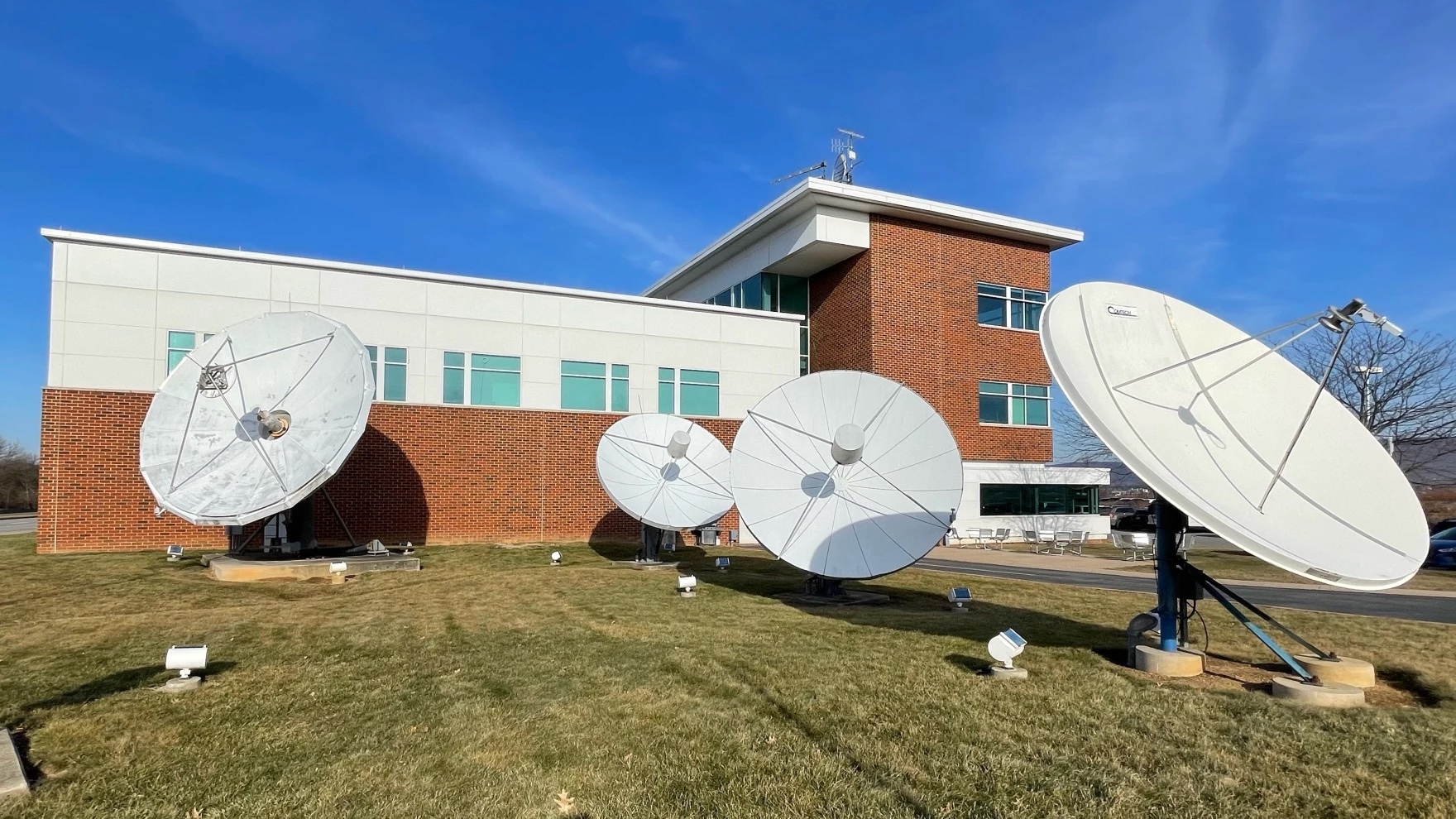Radio that’s representative: Listeners control vote for Pacifica boards
Pacifica Radio is emerging from bitter years of factional struggle with new bylaws that may make it the world’s most democratic media organization.
The bylaws, which escaped legal challenge and won approval by a California judge Sept. 15, entrust listeners, volunteers and staff members to elect boards at Pacifica’s five stations. Those boards will oversee station matters such as spending, programming and hiring top managers, as well as appointing a national board of directors to run the network.
About 90,000 of Pacifica’s listeners and 700 of its volunteers and staffers are eligible to vote in the first election under the bylaws, estimates Carol Spooner, secretary of the network’s interim national board. Elections are scheduled to end by Jan. 30.
The bylaws put in writing a commitment to democracy that Pacifica has professed for years but never fully backed up in its governance, says Matthew Lasar, who wrote a history of Pacifica. Programmers always said the radio stations belonged to listeners, “but it never really was their radio station,” Lasar says. “And the listeners found that out with a vengeance during the crisis of 1999.”
That was when Pacifica’s previous board—intent on taking control of the stations and building their audience—made itself self-appointing, ending the longtime practice of letting station boards appoint most of the national board. The move divided board members and ignited widespread protests among Pacifica’s fiercely protective and politically active listeners. Conflict escalated and paralyzed the network until two years ago, when the previous board majority, facing drawn-out legal battles, yielded control to their challengers.
Another shift of power now looms, but this time the board will surrender the reins willingly.
“It’s a statement that we believe the supporters of Pacifica are progressive people who can be trusted more than anything else to preserve the values of Pacifica,” Spooner says.
Spooner and Lasar both say the bylaws make Pacifica more democratic than any media organization they know of.
Strong local boards
The bylaws create 24-member local station boards at each of Pacifica’s five stations in Houston, New York, Los Angeles, Washington, D.C., and Berkeley, Calif. Anyone who has donated $25 to Pacifica or volunteered three hours at a station within the past year can vote in elections for 18 of the 24 seats. Station staffs elect the remaining six.
Elections will use single transferable voting, a method which requires a candidate for one of the 18 listener-elected seats to win approval from only 1/18th of the electorate. Additional votes are reassigned to voters’ second-choice candidates, then third-choice, until all seats are filled.
KPFA, Pacifica’s Berkeley station, uses single transferable voting to elect its local board. Spooner and others say it guarantees diverse leadership by allowing a wide range of voters’ interests to be represented.
Each of the resulting station boards will elect four members to Pacifica’s national board. Pacifica’s 53 affiliate stations will appoint two members.
Supporters of the bylaws hope they will stabilize Pacifica after years of infighting. Pacifica’s previous generation of leaders, who wanted to make the stations sound more professional and attract larger audiences, could never have earned enough support from listeners to win elections under the new bylaws, Spooner says.
The document adds checks of power, allowing listeners to remove local board members, local boards to prompt the ouster of a g.m., and members of national and local boards to unseat each other.
Struggles over diversity
Station boards and Pacifica’s interim national board have been working on bylaws since early last year. A December 2001 legal settlement between factions on the network’s former board installed the temporary board mandated to write new bylaws.
But fighting among board members at national and local levels—common within the highly politicized Pacifica community—prolonged the process. This time, they backed plans that proposed different ways of making sure that “historically underrepresented groups,” such as ethnic minorities, would have seats on local and national boards.
- One set of bylaws, “Draft A,” set representation goals based on demographics and provided for extended elections and the addition of extra board seats if those goals were not met.“It would be legally reprehensible not to seek to enshrine a voice and representation for those who have been discriminated against and disenfranchised,” says Mimi Rosenberg, a member of the local board at WBAI in New York, which favored Draft A.But Draft A’s opponents feared that the bylaws would jeopardize Pacifica’s funding and subject it to lawsuits, a concern some supporters dismissed.
- “Draft B,” which became the new bylaws, equips boards with committees to monitor diversity in elections, staffing and programming. Committees can suggest steps to increase diversity but lack power to put them into effect.
The plan passed at the national board and two station boards this summer, but lacked the necessary nod from a third station board to win final approval — stranding the new bylaws on the threshold of completion.
Boards tried negotiating with a mediator’s help last month but made little progress. Finally, Aug. 23, the board at Los Angeles station KPFK voted again, approving Draft B of the bylaws by one vote.
Draft A’s supporters tried unsuccessfully to invalidate the bylaws, claiming the Los Angeles revote came after a deadline set by the judge overseeing the case.
“It was a very bitter struggle to get these bylaws,” Lasar says. “Like a lot of people, I’m just relieved that something actually got into cement.”
The election schedule calls for nominations by Nov. 15 and election of local boards by Jan. 7. The new local boards will elect national board members three days later. Members of Pacifica’s interim board are eligible for offices.
The network has hired Terry Bouricius as part-time elections supervisor. He is a senior policy analyst for the Center for Voting and Democracy in Washington, D.C.





